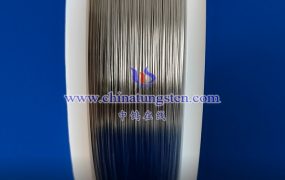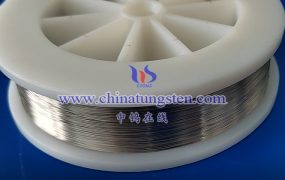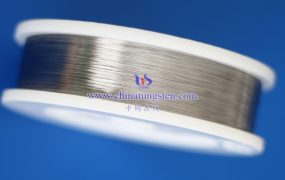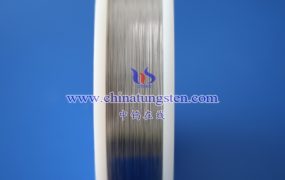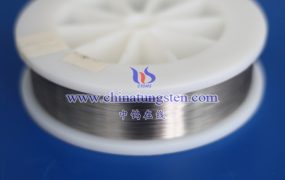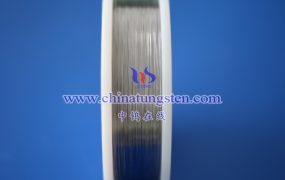The emission efficiency of a barium tungsten cathode can be affected by the gas pressure. Gas pressure affects the process by which electrons escape from the cathode surface, which in turn affects emission efficiency. Here is how gas pressure affects the emission efficiency of a barium tungsten cathode:
Gas molecule scattering: Under high gas pressure, electrons emitted from the cathode surface may collide with gas molecules, thereby scattering the trajectory of the electrons. This causes the emission direction of the electron beam to become more scattered, reducing emission efficiency.
Electron energy levels: The presence of gas molecules may affect the electron energy levels at the cathode surface. In some cases, the adsorption and interaction of gas molecules may lead to changes in the work function of electrons, which in turn affects the emission efficiency.
Field Strength Effects: At certain gas pressures, the movement of electrons in an electric field is hindered, which may affect the ability of electrons to escape from the cathode surface. The electrons need to overcome the barrier posed by the gas molecules to escape.
Escape effect: Under extremely high vacuum conditions, the number of gas molecules is very limited, and electrons encounter fewer collisions when they escape, so the emission efficiency may be higher. However, in the presence of gas, collisions with gas molecules increase when electrons escape, and the emission efficiency may be suppressed.
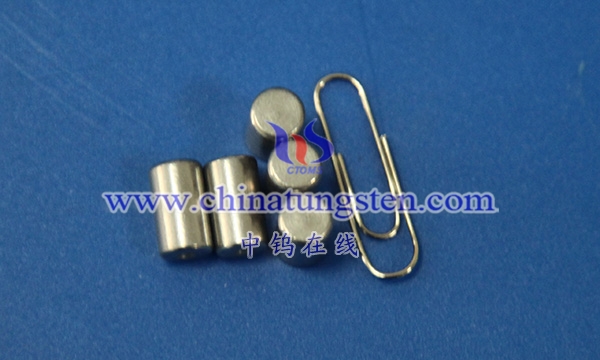
More details of barium tungsten electrode, please visit website: http://tungsten.com.cn/barium-tungsten-electrode.html
Please contact CHINATUNGSTEN for inquiry and order of barium tungsten electrodes:
Email: sales@chinatungsten.com
Tel.: +86 592 5129595
